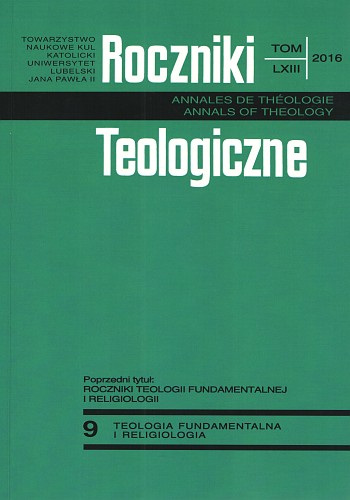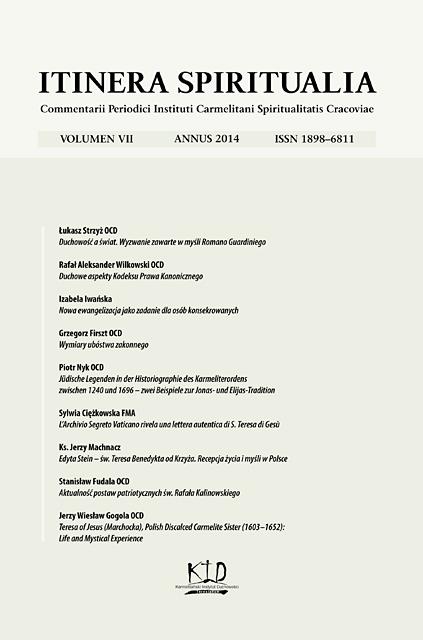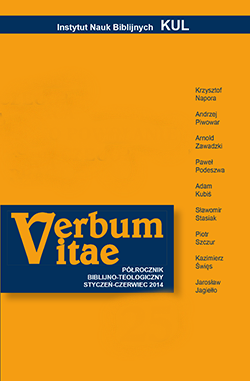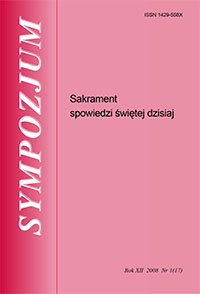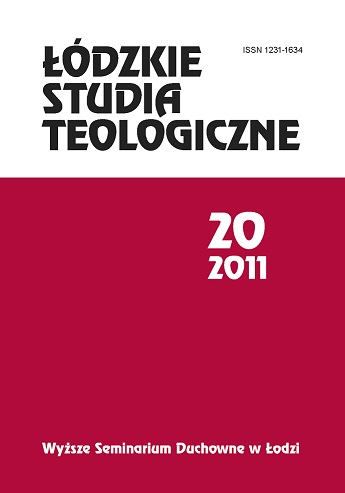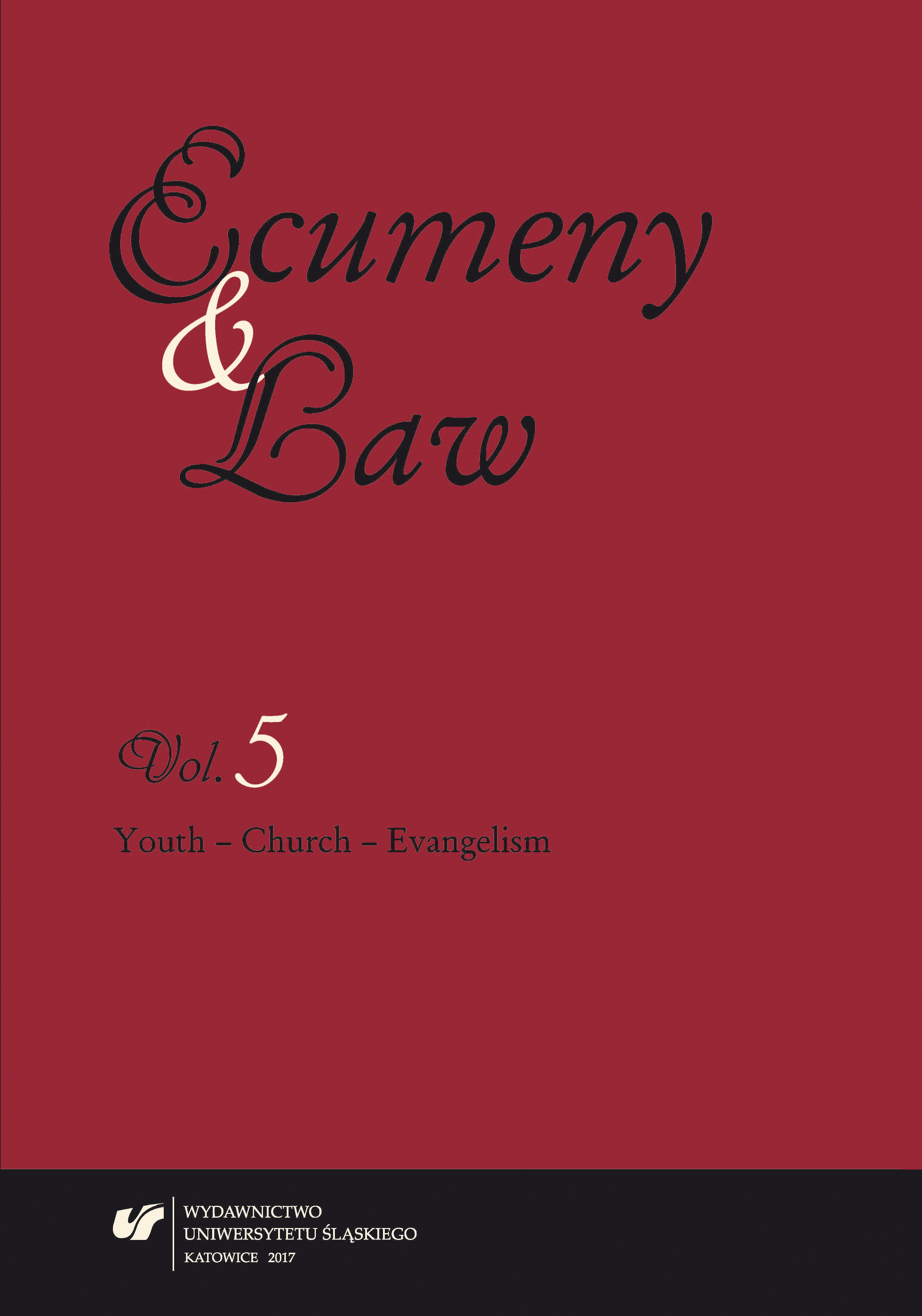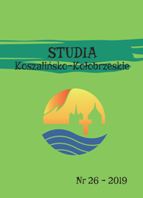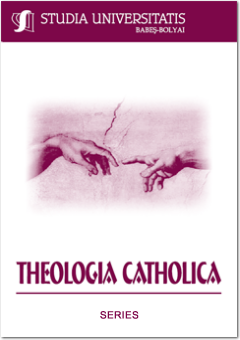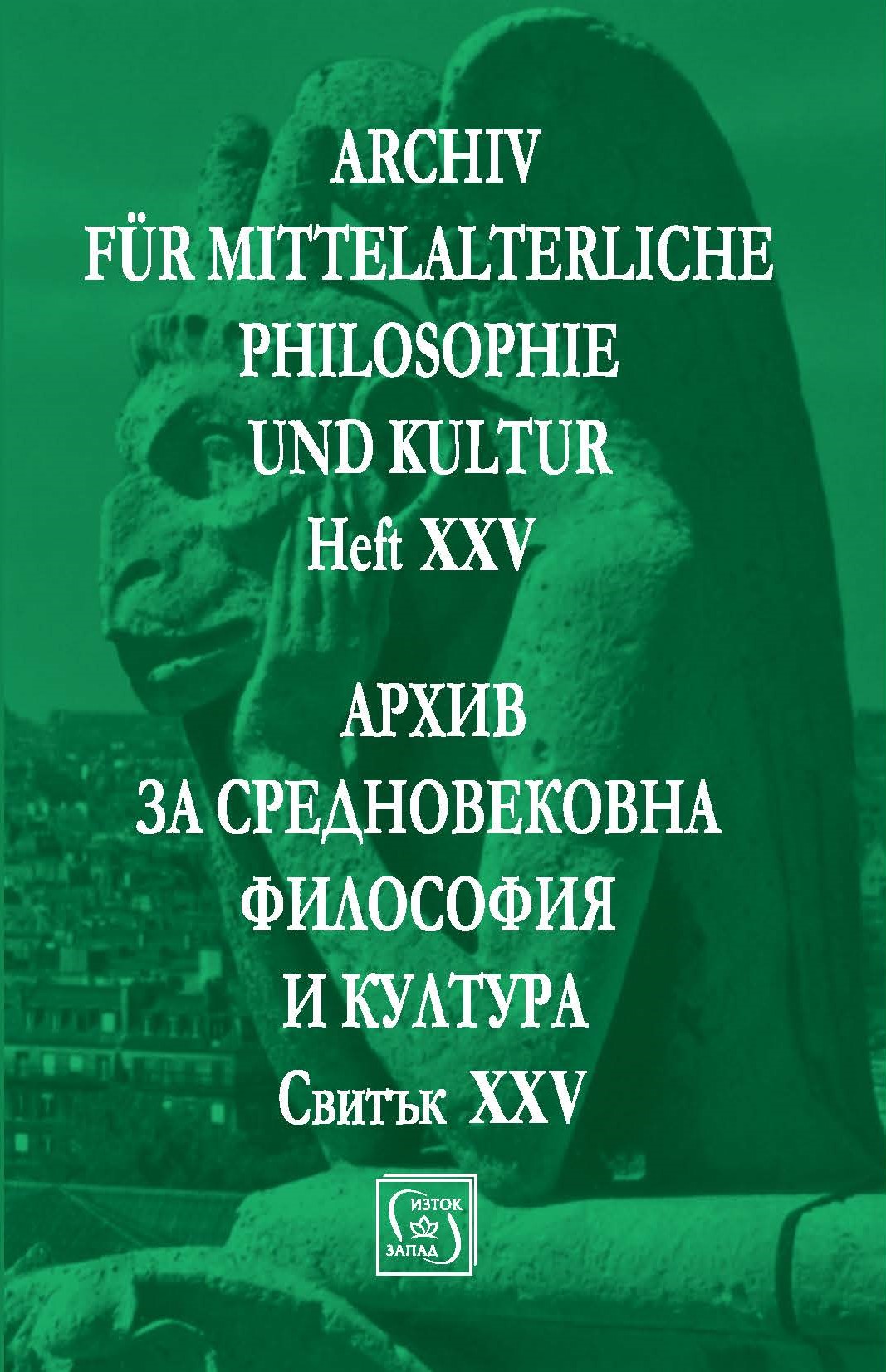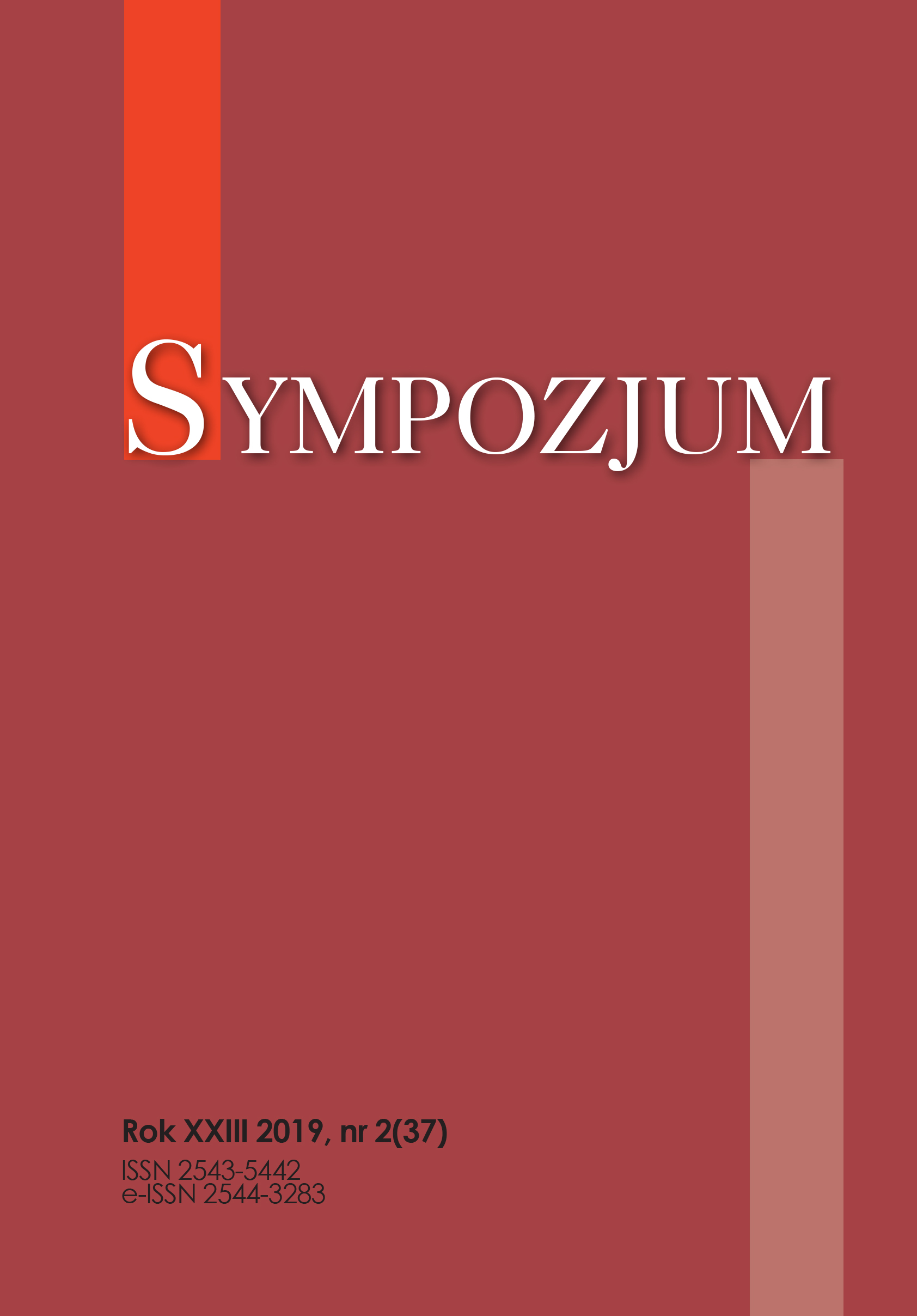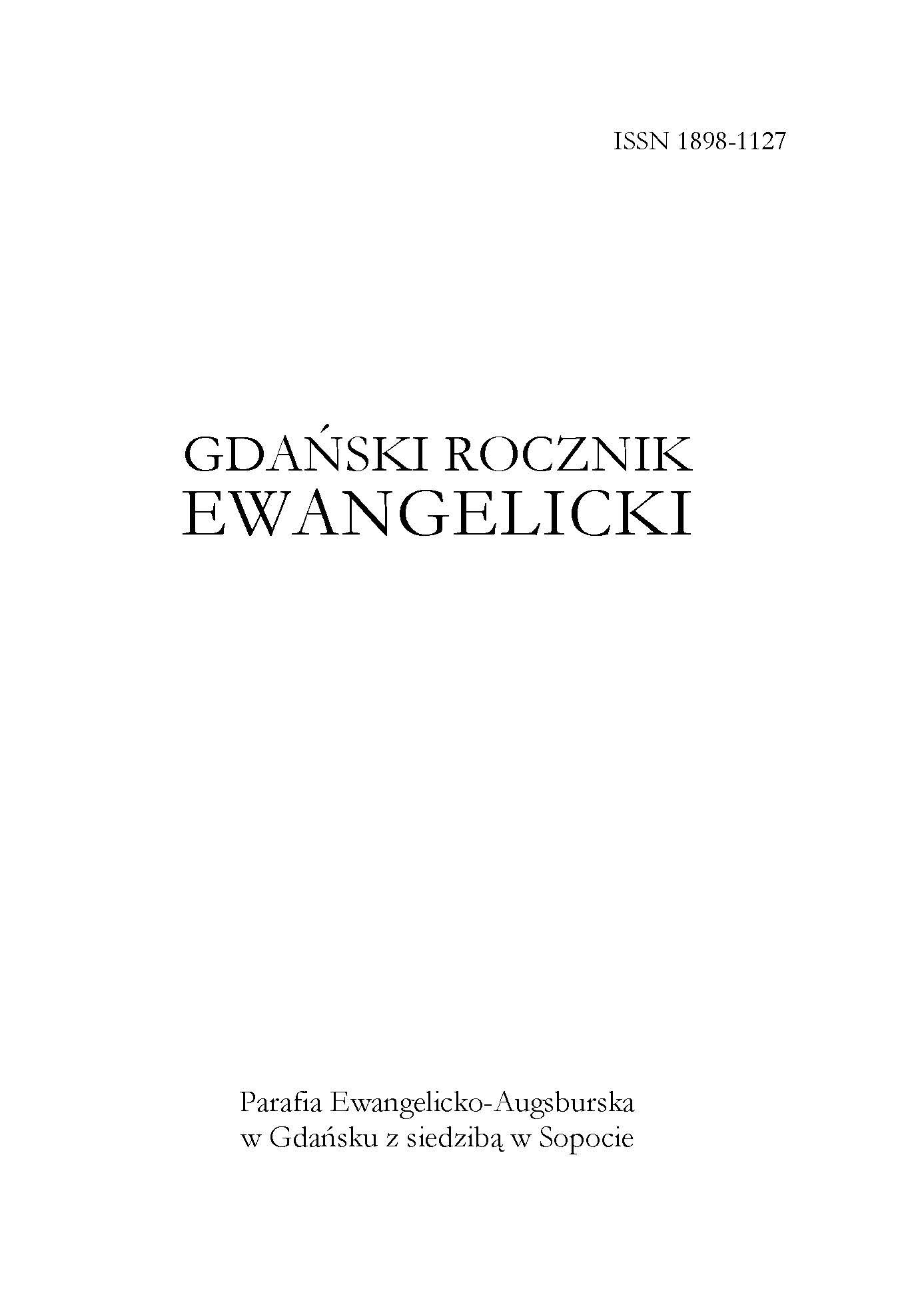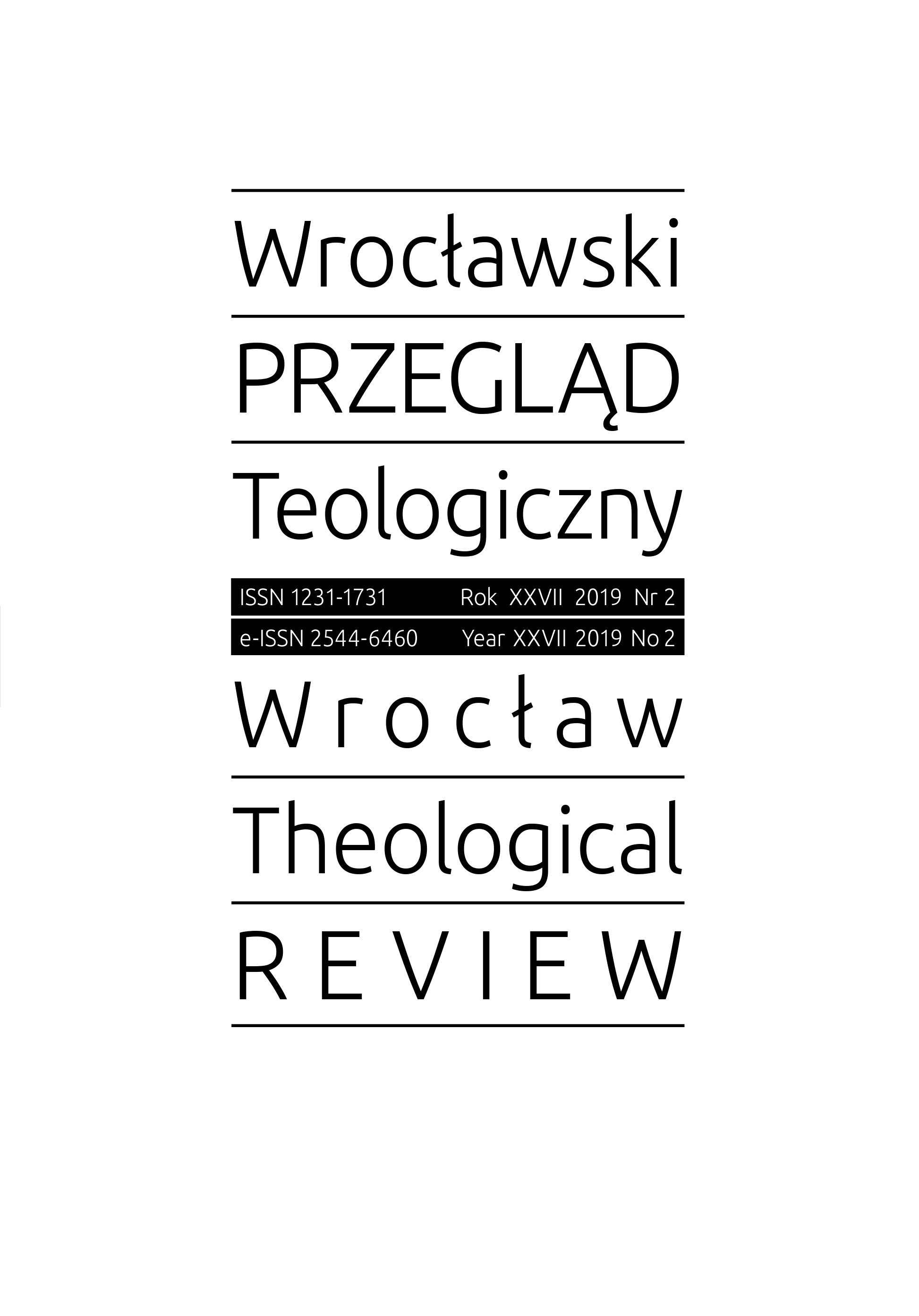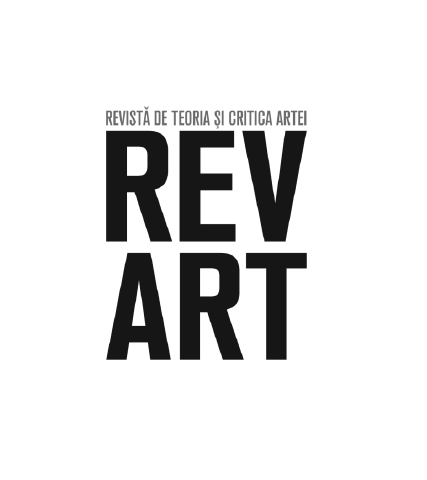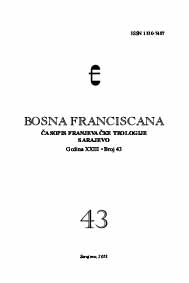
Proglašavanje blaženika i svetaca kroz povijest i danas
Kršćani koji se po sakramentu krštenja preporađaju i postaju baštinici Božji i subaštinici Kristovi (Rim 8,17), u novozavjetnim knjigama se nazivaju i prikazuju kao sveti (gr. ἅγιος/ἅγιοι – hagios/hagioi). Tako se u prvoj Crkvi svetima zovu kršćani u Jeruzalemu (Dj 9,13); apostol sv. Petar svetima naziva kršćane razasute u Pontu, Galaciji, Kapadociji, Aziji i Bitiniji (1 Pt 2,9); sv. Pavao svetima oslovljava i pozdravlja kršćane i kršćanske zajednice u Rimu (Rim 1,7), Korintu (1 Kor 1,2), Efezu (Ef 1,1), Filipima (Fil 1,1), Kolosima (Kol 1,2). Ali nakon što su prvotni vjerski zanos i gorljivost oslabili, nije se sve kršćane moglo označavati svetima, nego se počelo, nakon smrti, iskazivati posebno štovanje i nazivati svetima (lat. sanctus/sancti) najprije one koji su svoj život završili mučeništvom za kršćansku vjeru, a potom i one koji su se istaknuli strogim pokorničkim ili pustinjačkim životom. Kroz nekoliko prvih stoljeća štovanje svetaca se uvodilo via facti bez ikakvih formalnih postupaka i službenog proglašavanja svetim. Kasnije su biskupi mjesnih Crkava preuzimali vlast odlučivanja o tome tko može biti čašćen kao svetac, a od 12. st. su u Zapadnoj Crkvi na neki način s mjesnim biskupima u uvođenju i odobravanju štovanja pojedinih svetaca počeli sudjelovati i pape,da bi s vremenom to prešlo u isključivu njihovu nadležnost.
More...
